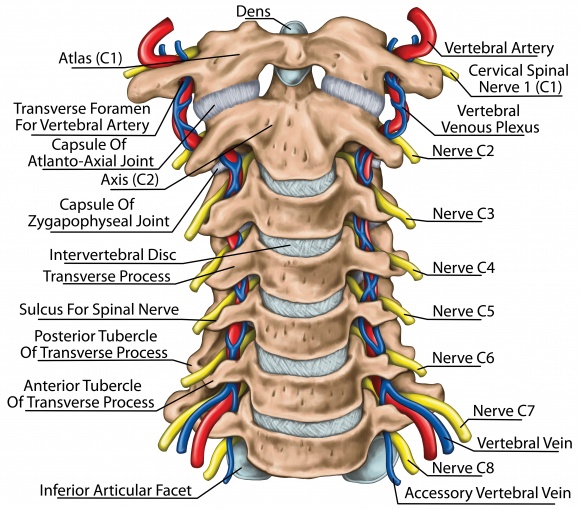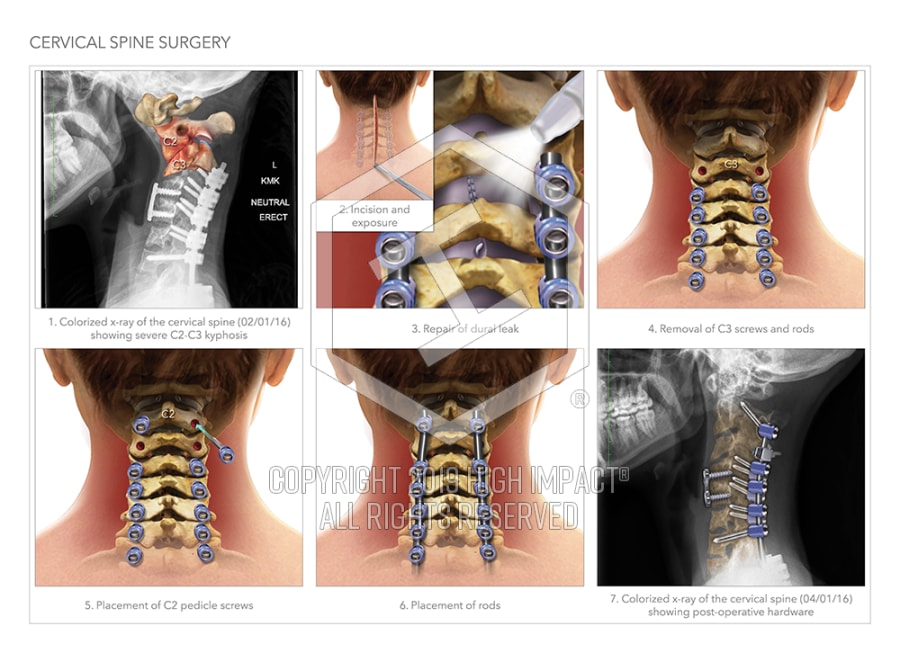Cervical Spine Surgery
- Home
- Cervical Spine Surgery
Cervical Spine Surgeon in Pimpri Chinchwad
“Your orthopaedic surgeon or neurosurgeon may recommend cervical spine surgery to relieve neck pain, numbness, tingling and weakness, restore nerve function and stop or prevent abnormal motion in your neck.”
Cervical spine surgery is generally performed on an elective basis to treat either:
- Nerve/spinal cord impingement (decompression surgery)
- Spinal instability (fusion surgery).
The two procedures are often combined, as a decompression may de-stabilize the spine and create the need for a fusion to add stability. Spinal instrumentation (such as a small plate) can also be used to help add stability to the spinal construct.
What are the Reasons for Cervical Spine Surgery?
pressure on the spinal cord or on the nerves coming from the spine. Cervical spine surgery may be indicated for a variety of spinal neck problems. Generally, surgery may be performed for degenerative disorders, trauma or instability. These conditions may produce
What Conditions are Treated with Cervical Spine Surgery?
Symptoms of Cervical Stenosis
Neck pain may be caused by disc degeneration, narrowing of the spinal canal, arthritis, and in rare cases, cancer or meningitis . Symptoms include:
- Neck or arm pain
- Numbness and weakness in the upper extremities hands
- Unsteady gait when walking
- Muscle spasms in the legs
- Loss of coordination in arms, hands, finger
- Loss of muscle tone in arms and/or hands
- Dropping items or loss of dexterity of hands
Treatment
Non-Surgical Treatments
Nonsurgical treatment is the first approach in patients with common neck pain not involving trauma. For example, many patients with cervical disc herniations improve with conservative treatment and time and do not require surgery. Conservative treatment includes time, medication, brief bed rest, reduction of strenuous physical activity and physical therapy. A doctor may prescribe medications to reduce the pain or inflammation and muscle relaxants to allow time for healing to occur. An injection of corticosteroids into the joints of the cervical spine or epidural space be used to temporarily relieve pain.
Surgery
The patient may be a candidate for surgery if:
- Conservative therapy is not helping
- Presence of progressive neurological symptoms involving arms and/or legs
- Difficulty with balance or walking
- In otherwise good health
There are several different surgical procedures that can be utilized, the choice of which is influenced by the specifics of each case. In a percentage of patients, spinal instability may require that spinal fusion be performed, a decision that is generally determined prior to surgery. Spinal fusion is an operation that creates a solid union between two or more vertebrae. Various devices (like screws or plates) may be used to enhance fusion and support unstable areas of the cervical spine. This procedure may assist in strengthening and stabilizing the spine and may thereby help to alleviate severe and chronic neck pain.
No matter which approach is taken, the goals of surgery are the same:
- Decompress the spinal cord and/or nerves
- Maintain or improve stability of the spine
- Maintain or correct the spinal alignment


